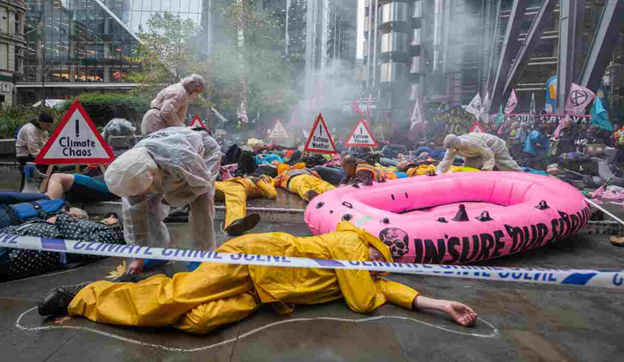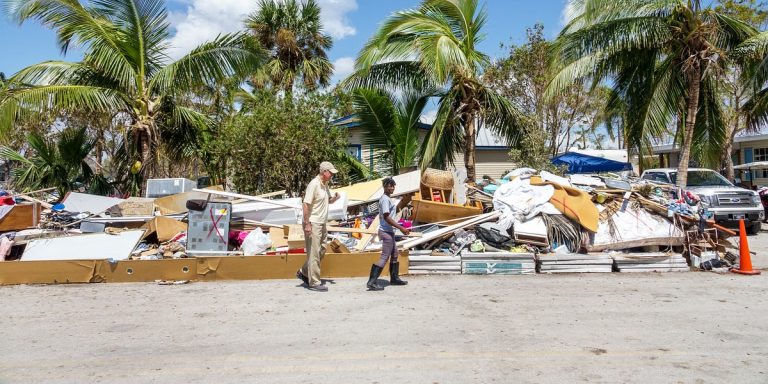This Little-Known Appeal Could Force Insurers To Pay For Lifesaving Care
When a health insurance company refuses to pay for treatment, most people begrudgingly accept the decision.
Few patients appeal; some don’t trust the insurer to reverse its own decision.
But a little-known process that requires insurers and plans to seek an independent opinion outside their walls can force insurers to pay for what can be lifesaving treatment. External reviews are one of the industry’s best-kept secrets, and only a tiny fraction of those eligible actually use them.
ProPublica recently reported the story of a North Carolina couple, Teressa Sutton-Schulman and her husband, who we identified in the story by his middle initial, L, to protect his privacy.















